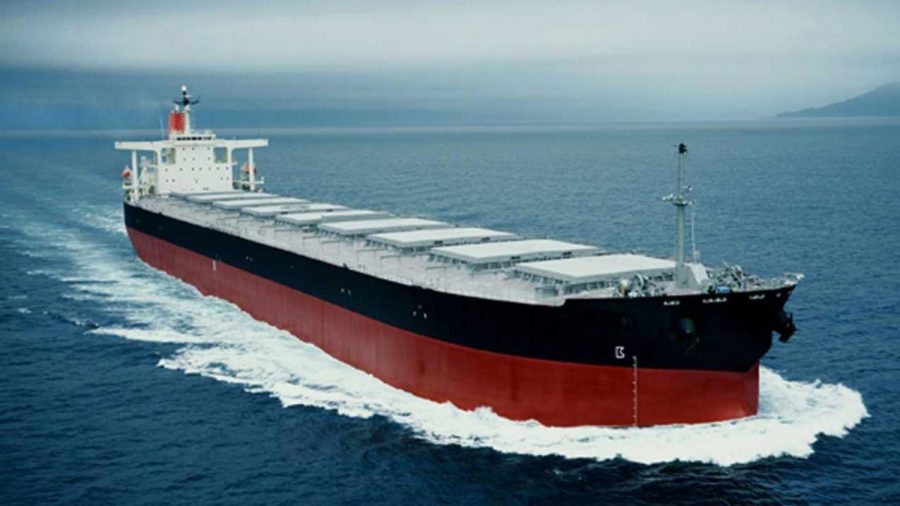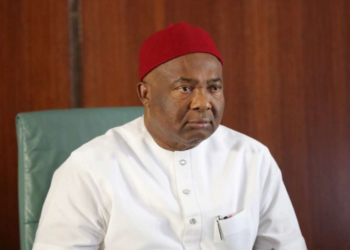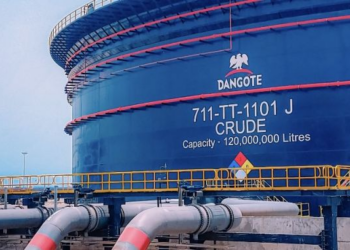The importation of refined petroleum products will decline in March 2019, even as Nigerians consume an average of 53.2m litres of PMS daily.
According to the latest Shipping Position Report released by the Nigerian Ports Authority (NPA), out of the twenty-six (26) vessels expected into the Lagos port between now and March 11, only one is conveying the Premium Motor Spirit, which is also known as Petrol.
Compared to the previous two months of February when a total of 23 PMS laden vessels came through the Lagos ports prior to the election, the expected import is set to be the lowest volumn of PMS to arrive the country in a while. Note that in January, 30 vessels conveying PMS arrived the Lagos port.
According to the report, MV Joyce Cargo is the only vessel conveying PMS, while the other 25 vessels are loaded with other products such as ethanol, bulk wheat, sugar, gypsum, salt and general cargoes.
Meanwhile, Jet A1 and four motor tankers are at the Lagos pilotage district currently awaiting berth. Also, there are 11 motor vessels at the port with only two laden while others are empty containers. The two containers awaiting berth are laden with general cargoes.
The NNPC has plans to end the importation of refined petroleum products
In recent months, the Nigerian National Petroleum Corporation (NNPC) has been premeditating plans to stop the importation of refined petroleum product into Nigeria. Specifically, the NNPC has repeatedly spoken of its resolve to completely stop the importation of refined petroleum product into Nigeria by December 2019.
The NNPC sees the stoppage of refined petroleum products importation as the appropriate policy move to pave way for the rehabilitation of the local refineries in Warri, Port Harcourt and Kaduna, thereby domestically refining the required volume of PMS for local consumption.
In the meantime, the Federal Government will pay ₦39.9 billion for fuel subsidy
With Nigerians consuming about of 53.2 million litres of PMS every day, the implication is that an average of 1.6 billion litres is consumed within 30 days. This, multiplied by the ₦25 per litre of subsidy which the Government is expected to pay, means that FG will absorb a total of ₦39.9 billion worth of subsidy every 30 days.























